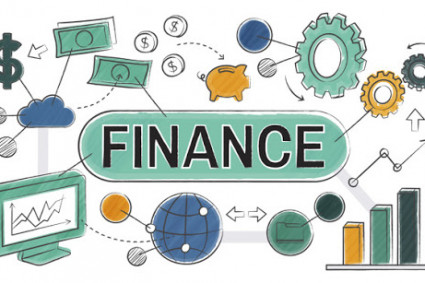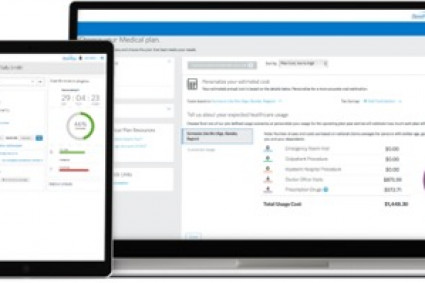
A sole trader, also known as a sole proprietor, is a self-employed individual who operates their business as the sole owner and manager. In the United Kingdom, a sole trader is the simplest and most common form of business structure. As a sole trader, you are responsible for making all business decisions and are entitled to all the profits generated by the business. However, you are also personally liable for any debts or losses incurred by the business.
How to Become a Sole Trader in the UK?
Becoming a sole trader is a straightforward process. To start, you need to choose a business name, though you can also trade under your own name. Registering your business with HMRC is a crucial step. You will need to keep accurate financial records, including income and expenses, and report your earnings through a Self-Assessment tax return each year. This ensures that you’re paying the appropriate income tax and National Insurance contributions.
Sole Trader Advantages
1. Full Autonomy: Sole traders have complete control over their business decisions and operations.
2. Direct Profits: All profits generated by the business belong to the sole trader.
3. Flexibility: You can adapt quickly to changing market conditions without consulting partners.
4. Simple Setup: Establishing a sole trader business is relatively uncomplicated compared to other business structures.
5. Personal Connection: Sole traders often build strong customer relationships due to their direct involvement.
6. Tax Deductions: You can claim tax deductions for legitimate business expenses, reducing your tax liability.
Sole Trader Examples
• Freelance Writers: As sole traders, freelance writers offer content creation services to clients across industries.
• Virtual Assistants: These independent professionals provide remote administrative support to businesses.
• Business Consultants: Sole trader consultants offer expertise to businesses seeking strategic guidance.
• Plumbers: Independent plumbers handle various plumbing needs for residential and commercial clients.
• Photographers: Sole trader photographers capture moments and create visual content for clients.
• Hairdressers: Independent hairdressers offer personalized styling and beauty services to clients.
- Financial Planners: Sole trader financial planners provide tailored advice to individuals and businesses.
Legal Obligations of Sole Traders
While sole traders enjoy simplicity in their business operations, there are certain legal obligations they must adhere to:
- Registration with HMRC: Sole traders must register their business with HMRC for tax purposes. This includes obtaining a Unique Taxpayer Reference (UTR) and keeping accurate financial records.
- National Insurance Contributions: Sole traders are responsible for paying Class 2 and Class 4 National Insurance contributions based on their business profits.
- Business Licenses and Permits: Depending on the nature of their business, sole traders may need to obtain specific licenses or permits to operate legally.
Being a sole trader offers flexibility and autonomy in running a business. However, it’s essential to understand the legal obligations and financial responsibilities that come with this status. Hiring sole trader accountants can alleviate the burden of financial management and ensure compliance with tax laws, enabling sole traders to focus on what they do best — growing their business.




